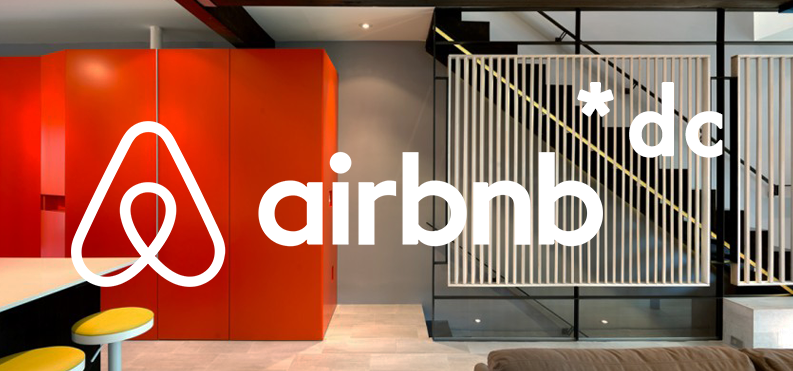Short-term peer-to-peer lodging has become a preferred style of accommodation for travelers globe-wide. With Washington D.C. a popular traveler’s holiday destination, lodging platforms like Airbnb are a fast-growing source of extra income for many homeowners. However, local lobbyists are taking steps to leave D.C. residents out of this multi-billion dollar business described by Inc. Magazine as “disruptive, brazen and overall brilliant”.
The legislation proposed by former council member Vincent Orange is still simmering after being put forth to the D.C. Council over a year ago. The Short-term Rental Regulation and Housing Protection Act of 2015, backed by hospitality labor unions, is an attempt to regulate peer-to-peer and rental-sharing accommodations and catch the often slow-moving D.C. regulations up to a fast growing and innovative new economy. In doing so, the proposed mandates are precipitating serious concerns about the future viability of hosting platforms like Airbnb.
Aside from the expected need for these properties to meet health, building, and zoning codes, the legislation would potentially impose undue burden on those who rely on Airbnb as a form of supplemental income. A few of the proposed mandates pertaining to rentals under 30 days include: the homeowners being present during the visitors stay, obtaining a Basic Business License, and notifying neighbors regarding their intent to rent the property. In essence, it would prevent anyone wishing to put a studio or one bedroom apartment on AirBnB, unless they wouldn’t mind sharing their own bedroom with a stranger. However, it may place greater value on split-level properties, such as the quintessential D.C. row-home with an English basement.
As Robert White, appointed to the at-large city council seat vacated by Orange, now establishes his own policy platform on the D.C. Council, hopes are rising that this bill will be abandoned. But before you wipe your forehead in relief, it wouldn’t be a bad idea to review local regulations when thinking about implementing peer-to-peer short-term rental, through platforms like AirBnB.
In a world-class city, home to history-making events like the upcoming presidential inauguration, the appeal of making some extra income through rentals to fund your passions is no surprise. However, until D.C.’s local leaders and legislative conditions fully embrace the new sharing economy, staying well informed on current legalities, price surges and the premiums you are getting for your properties will be the key to prosperously navigating the murky waters of home sharing ventures.

